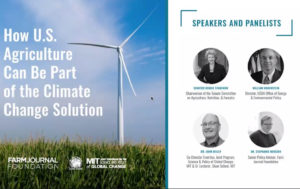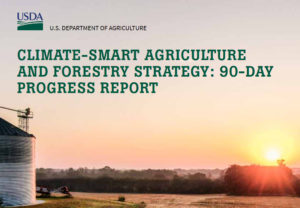 It’s time for the Renewable Fuels Association to roll out those lazy, hazy, crazy Ethanol Days of Summer contest again.
It’s time for the Renewable Fuels Association to roll out those lazy, hazy, crazy Ethanol Days of Summer contest again.
The contest, which begins Memorial Day, encourages consumers to submit pump prices for flex fuels like E85 and ethanol blends like E15 to the popular E85prices.com website or through its mobile app. Simply submitting your fuel prices this summer enters you in a random weekly drawing for a $100 fuel gift card.
To enter, contest participants must have or create an account on E85prices.com or on the E85Prices.com app, where they can submit pricing for a chance to win. Pricing on the crowd-sourced website is updated routinely and gives consumers instant access to fuel prices that nearby drivers have reported. Winners will be chosen weekly until Labor Day and users can submit prices for multiple stations each day. No purchase is necessary to participate, and more information can be found at EthanolRFA.org/summer-contest.
More than 5,100 stations are now selling E85 across more than 2,700 cities, and roughly 2,100 stations in 30 states offer E15. Among other information, E85prices.com contains a nationwide map of E85 and E15 stations and historical pricing, along with a public forum to allow consumers to pose questions and have discussions. An ethanol savings calculator is also featured, allowing users to see how much money they can save by using higher ethanol blends.
Because of the pandemic, RFA skipped the annual contest last year, but in 2019 more than 4,000 new users registered at E85prices.com, with 98 different contest winners who collectively received $5,000 in free fuel.
“We are excited to bring back our summer contest as more drivers return to the open road. This contest has been popular with existing users of higher blends and recruiting new consumers,” said RFA Vice President of Industry Relations Robert White. “Ethanol lowers the price that consumers pay at the pump, lowers the amount of carbon in their fuel and their greenhouse gas emissions. We have more stations offering higher blends each week and we want consumers to find those stations and have some fun doing it.”
 POET has acquired the bioethanol assets of Flint Hills Resources’, expanding the company’s production capacity by 40 percent.
POET has acquired the bioethanol assets of Flint Hills Resources’, expanding the company’s production capacity by 40 percent. 

 It’s time for the
It’s time for the 

 Legislation was introduced this week in both the House and the Senate that would
Legislation was introduced this week in both the House and the Senate that would  It’s a bird, it’s a plane, it’s … Biodiesel!
It’s a bird, it’s a plane, it’s … Biodiesel!
 The
The  USDA’s 90-Day
USDA’s 90-Day  The U.S. Court of Appeals for the Tenth
The U.S. Court of Appeals for the Tenth